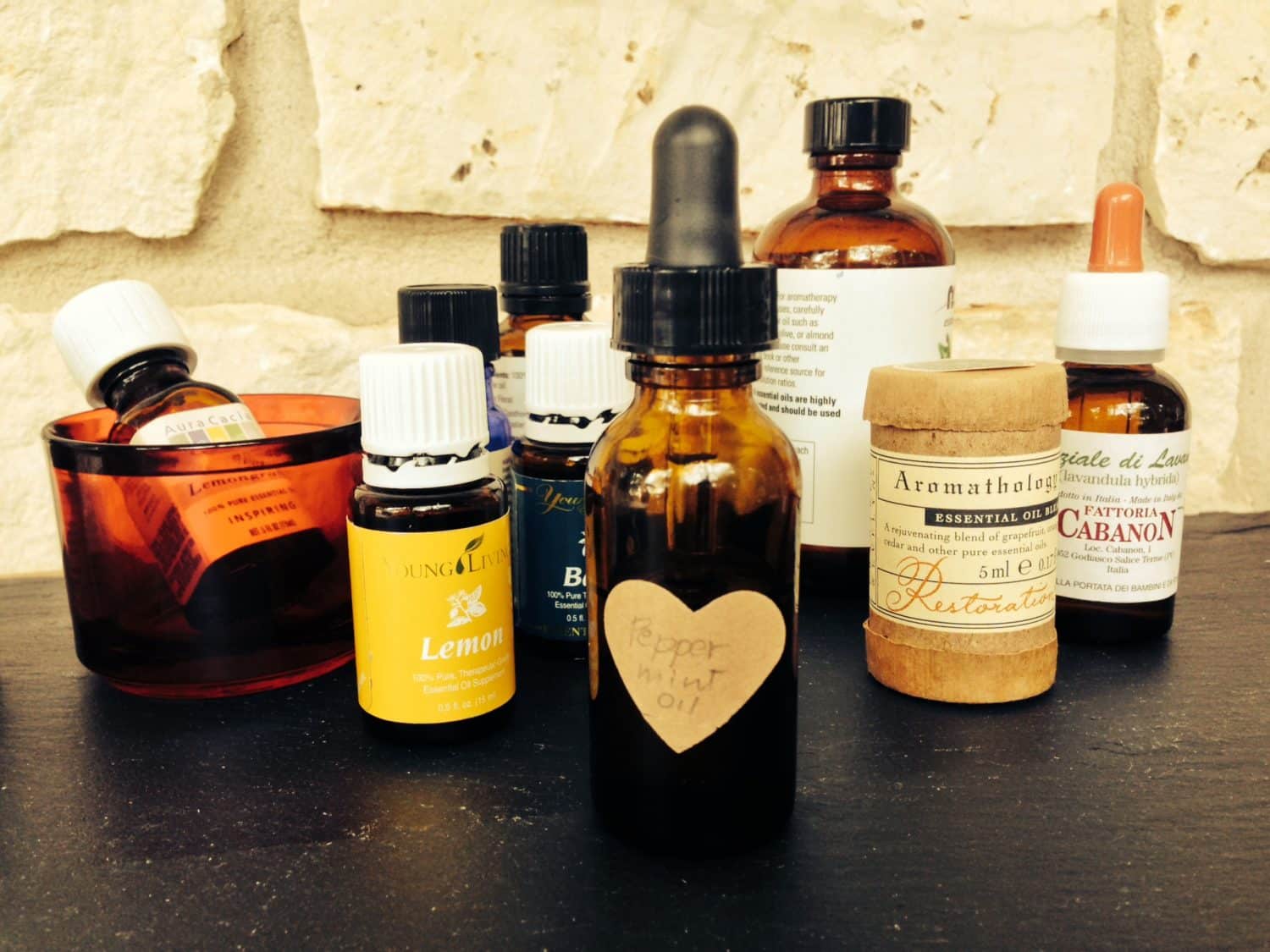Shea butter has immense healing, rejuvenating and protective qualities. Not only is it rich in essential vitamins and antioxidants, but also has vital carrier oil properties. Carrier oils are basically special vegetable oils. They offer many therapeutic applications and characteristics. Carrier oils are sourced from fatty plant parts such as nuts, kernels and seeds. In addition to Shea butter, other well-known carrier oils include:
- olive oil
- coconut oil
- apricot kernel
- jojoba oil
- cocoa butter
- canola oil
- grape seed oil
- evening primrose
- sweet almond oil
- avocado oil
- walnut oil
The term carrier oil helps to distinguish between vegetable oils and essential oils. Essential Oils are distilled from roots, bark, leaves as well as other aromatic plant parts. They are distinct with a strong aroma and can evaporate. Conversely, carrier oils are extracted from fatty portions and don’t have a strong scent. They also won’t evaporate. Essential oils will oxidize over time, while carrier oils will go rancid. In both instances, they will lose their therapeutic properties when this occurs.
It’s possible to enhance the therapeutic properties of Shea butter by blending it with other ideal carrier oils for skincare along with essential oils. You can easily personalize moisturizers, body butters, lotions and other home-made products to meet your needs. The various carrier oils and essential oils possess different qualities. It’s possible to select ingredients specific to certain therapeutic requirements.
For example, jojoba oil is great for acne-prone skin, while avocado oil is ideal for dry and aging skin. Lavender oil is perfect for its healing properties, while lemongrass oil is good for brightening and toning skin. You can read more about various carrier oils and essential oil and their therapeutic properties in this comprehensive carrier oil article.
Go Chemical Free!
Another great advantage of using carrier oils and essential oils for skincare is you produce chemical-free beauty products. In this day and age, it’s virtually impossible to purchase commercial products that don’t have some form of synthetic additive.


